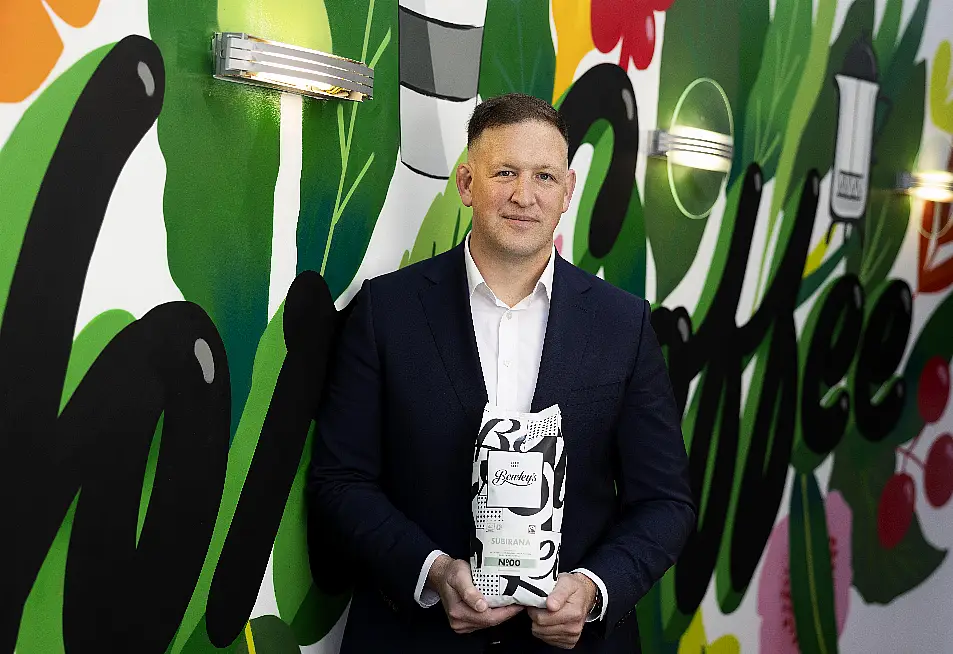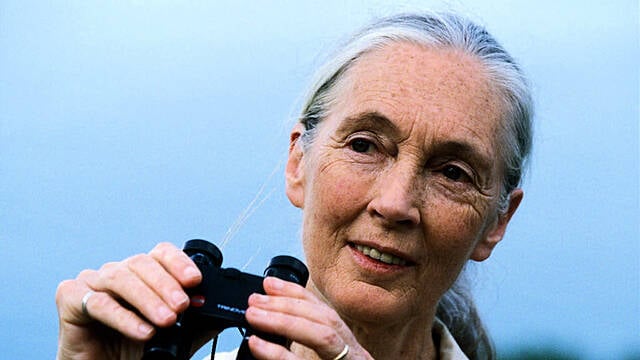One of the world’s leading conservationists has hailed an Irish coffee company for its role in a global breakthrough in sustainable production.
Renowned environmentalist Dr Jane Goodall, known in particular for her work with chimpanzees, praised Bewley’s support for the new initiative in Honduras in Central America aimed at restoring damaged forest habitats.
Coffee production is a key factor in the destruction of tropical forests, as areas are cut down and cleared to make way for coffee plants.
The integrated open canopy (IOC) system in Honduras ensures 50 per cent of a coffee farm consists of conserved or restored forest habitat.
Dublin-based company Bewley’s is also supporting a linked project that uses solar energy and biofuel to dry coffee, rather than clearing forest for firewood to power industrial dryers. The Cafe Solar project is scaling up carbon-neutral coffee processing.
“I applaud Bewley’s for being the leading company supporting sustainable coffee grown using the groundbreaking IOC method,” said Dr Goodall, founder of the Jane Goodall Institute.
“This programme, which pioneers IOC and industrial-scale renewable energy in coffee processing, is aiming to set an unprecedented standard for sustainability in coffee worldwide.”
Both Dr Goodall and Bewley’s have also endorsed the Mesoamerican Development Institute (MDI) model for sustainable coffee production.
It produces Subirana coffee, which is the product of patented technology designed to reduce greenhouse gas emissions and restore forest habitat and biodiversity.
Bewley’s, which introduced the first Fairtrade certified coffee to Ireland in 1996, said it had also recently become the first Irish coffee company of scale to achieve B Corp certification, which measures a business’s positive impact on society and the environment.

“Bewley’s Subirana coffee points the way to the future for the industry,” said Cathal Murphy, the company’s head of innovation and sustainability.
“This is the first coffee recognised by researchers to go beyond shade canopy to restoring and conserving actual forest habitat on farms.
“It also eliminates greenhouse gas emissions in drying and milling. It is regenerative and creates an ecological balance inside and outside the farm.
“The approach has not only increased coffee yields and provided economic opportunities for farmers, but has also played a pivotal role in biodiversity conservation and landscape restoration.
“There is only one type of sustainability in a supply chain industry – it must be profitable for the farmers, nurture the community and be good for the environment.”
Mr Murphy also highlighted the company’s partnership with Cafe Femenino – an initiative that has sought to provide female coffee farmers with more income and protection in previously male-dominated and impoverished communities.







